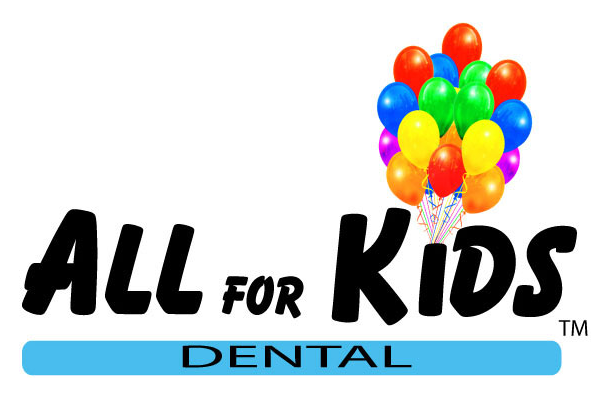
Hospital Dentistry
Outpatient General Anesthesia
Outpatient General Anesthesia is recommended for apprehensive children, very young children, and children with special needs that do not work well under conscious sedation or IV sedation. General anesthesia renders your child completely asleep. This would be the same as if he/she was having their tonsils removed or having a hernia repaired. Outpatient General Anesthesia is performed in a hospital or outpatient setting only. While the assumed risks are greater than that of other treatment options, the benefits of this treatment greatly outweigh the risks. Most pediatric medical literature places the risk of a serious reaction in the range of 1 in 25,000 to 1 in 200,000, far better than the assumed risk of driving a car. If this is not chosen, your child risks having multiple appointments, the potential for physical restraint to complete treatment, and possible emotional and/or physical injury to your child in order to complete their dental treatment. The risks of NO treatment include tooth pain, infection, swelling, the spread of new decay, damage to their developing adult teeth, and possible life-threatening hospitalization from a dental infection. Learn more about hospital dentistry.

Prior to your appointment:
- Please notify us of any change in your child's health. Do not bring your child for treatment with a fever, ear infection, or cold. Should your child become ill, contact us to see if it is necessary to postpone the appointment.
- Please inform the doctor of any prescriptions that your child is currently taking and any drug reactions and/or change in medical history.
- Please dress your child in loose-fitting, comfortable clothing.
- Your child should not have milk or solid food after midnight prior to the scheduled procedure, and ONLY clear liquids like water, apple juice, or Gatorade for up to 6 hours prior to the appointment.
- The child's parent or legal guardian must remain at the hospital or surgical site waiting room during the complete procedure.
After the appointment:
- Your child will be drowsy and will need to be monitored very closely. Keep your child away from areas of potential harm.
- If your child wants to sleep, place them on their side with their chin up. Wake your child every hour and encourage them to have something to drink in order to prevent dehydration. At first, it is best to give your child sips of clear liquids to prevent nausea.
- Your child's first meal should be light and easily digestible.
- If your child vomits, help them bend over and turn their head to the side to ensure that they do not inhale the vomit.
- Prior to leaving the hospital/outpatient center, you will be given a detailed list of "Post-Op Instructions" and an emergency contact number if needed.
Outpatient General Anesthesia is recommended for apprehensive children, very young children, and children with special needs that do not work well under conscious sedation or IV sedation. General anesthesia renders your child completely asleep. This would be the same as if he/she was having their tonsils removed or having a hernia repaired. Outpatient General Anesthesia is performed in a hospital or outpatient setting only. While the assumed risks are greater than that of other treatment options, the benefits of this treatment greatly outweigh the risks. Most pediatric medical literature places the risk of a serious reaction in the range of 1 in 25,000 to 1 in 200,000, far better than the assumed risk of driving a car. If this is not chosen, your child risks having multiple appointments, the potential for physical restraint to complete treatment, and possible emotional and/or physical injury to your child in order to complete their dental treatment. The risks of NO treatment include tooth pain, infection, swelling, the spread of new decay, damage to their developing adult teeth, and possible life-threatening hospitalization from a dental infection.
Prior to your appointment:
- Please notify us of any change in your child's health. Do not bring your child for treatment with a fever, ear infection, or cold. Should your child become ill, contact us to see if it is necessary to postpone the appointment.
- Please inform the doctor of any prescriptions that your child is currently taking and any drug reactions and/or change in medical history.
- Please dress your child in loose-fitting, comfortable clothing.
- Your child should not have milk or solid food after midnight prior to the scheduled procedure, and ONLY clear liquids like water, apple juice, or Gatorade for up to 6 hours prior to the appointment.
- The child's parent or legal guardian must remain at the hospital or surgical site waiting room during the complete procedure.
After the appointment:
- Your child will be drowsy and will need to be monitored very closely. Keep your child away from areas of potential harm.
- If your child wants to sleep, place them on their side with their chin up. Wake your child every hour and encourage them to have something to drink in order to prevent dehydration. At first, it is best to give your child sips of clear liquids to prevent nausea.
- Your child's first meal should be light and easily digestible.
- If your child vomits, help them bend over and turn their head to the side to ensure that they do not inhale the vomit.
- Prior to leaving the hospital/outpatient center, you will be given a detailed list of "Post-Op Instructions" and an emergency contact number if needed.
